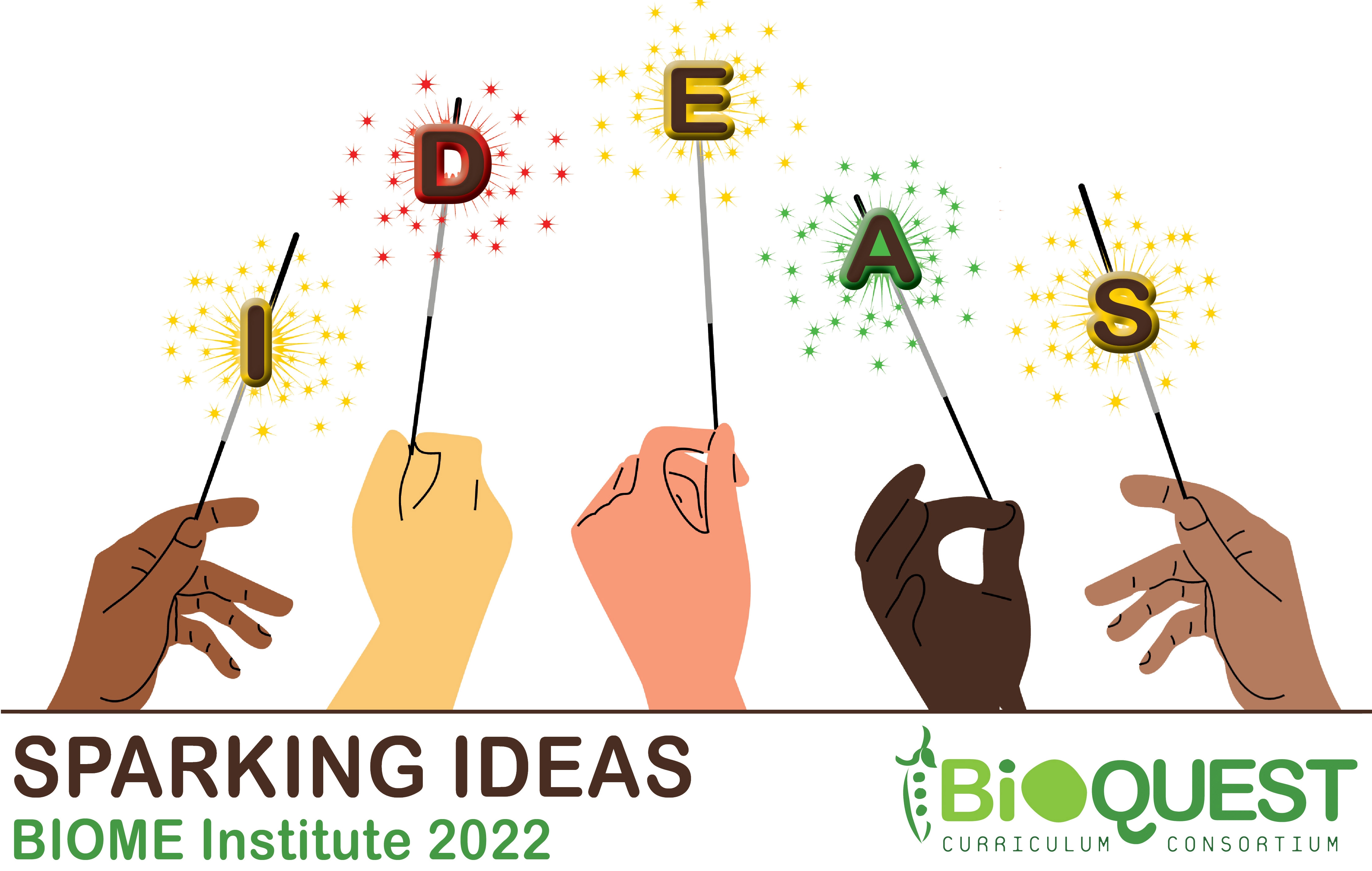The struggle is valid: Increasing student science identity and quantitative skills
Author(s): Denise Piechnik1, Rachel Hartnett2, Elizabeth Hamman3, Rebecca McHugh4, Sara Sawyer5
1. University of Pittsburgh at Bradford 2. Mount St. Mary's University 3. St Mary's College of Maryland 4. University of Pittsburgh 5. Glenville State University
883 total view(s), 432 download(s)
- References
- TABLE: survey instrument resources
- POSTER:The struggle is valid: Increasing student science identity and quantitative skills
- VIDEO Intro: POSTER: The struggle is valid: Increasing student science identity and quantitative skills
- Data on Dead Zones and a Scientist Spotlight Featuring Benjamin Negrete, Jr. (v1.0)
- License terms
Description
STEM student success in biology is linked to affective learning attributed to non-conceptual experiences that influence beliefs about belonging in the classroom community, and beliefs held about their own abilities (Trujillo and Tanner 2014). In the interest of broadening student participation within the STEM fields, the Quantitative Skills and Science Identity (QSSI) group formed during BIOME 2021 to investigate the connections between identity and student perception of the value of quantitative skills. The goal of the study is to sample any perceived changes in introductory biology students’ science identity when a quantitative exercise is coupled with an activity that humanizes a scientist. We will use a QUBES resource that is a 50-minute lesson on visualizing and interpreting dead zone data, which also has an accompanying video interview with the scientist that collected the data. Before and after the QUBES lesson and interview video, study participants will complete assessments that gauge quantitative skills and characterize science identity. The BioSQuaRE quantitative assessment tool (Stanhope et al. 2017) was modified to assess data visualization and plot interpretation. Scientific identity, or characterizing the key constructs of the affective domain in learning, will be sampled using an assemblage of validated survey instruments from the education literature including: students’ sense of belonging, self-efficacy, and identity as a scientist. Upon IRB approval, we will conduct the study in introductory biology courses at four institutions during the 2023 academic year, however we are seeking interested participants from other institutions to increase the sample size. If you are interested, please contact Rachel Hartnett or any QSSI group member.
Cite this work
Researchers should cite this work as follows:
- Piechnik, D., Hartnett, R., Hamman, E., McHugh, R., Sawyer, S. (2022). The struggle is valid: Increasing student science identity and quantitative skills. 2022 Biology and Mathematics Educators (BIOME) Institute, QUBES Educational Resources. doi:10.25334/4C8F-2F96
